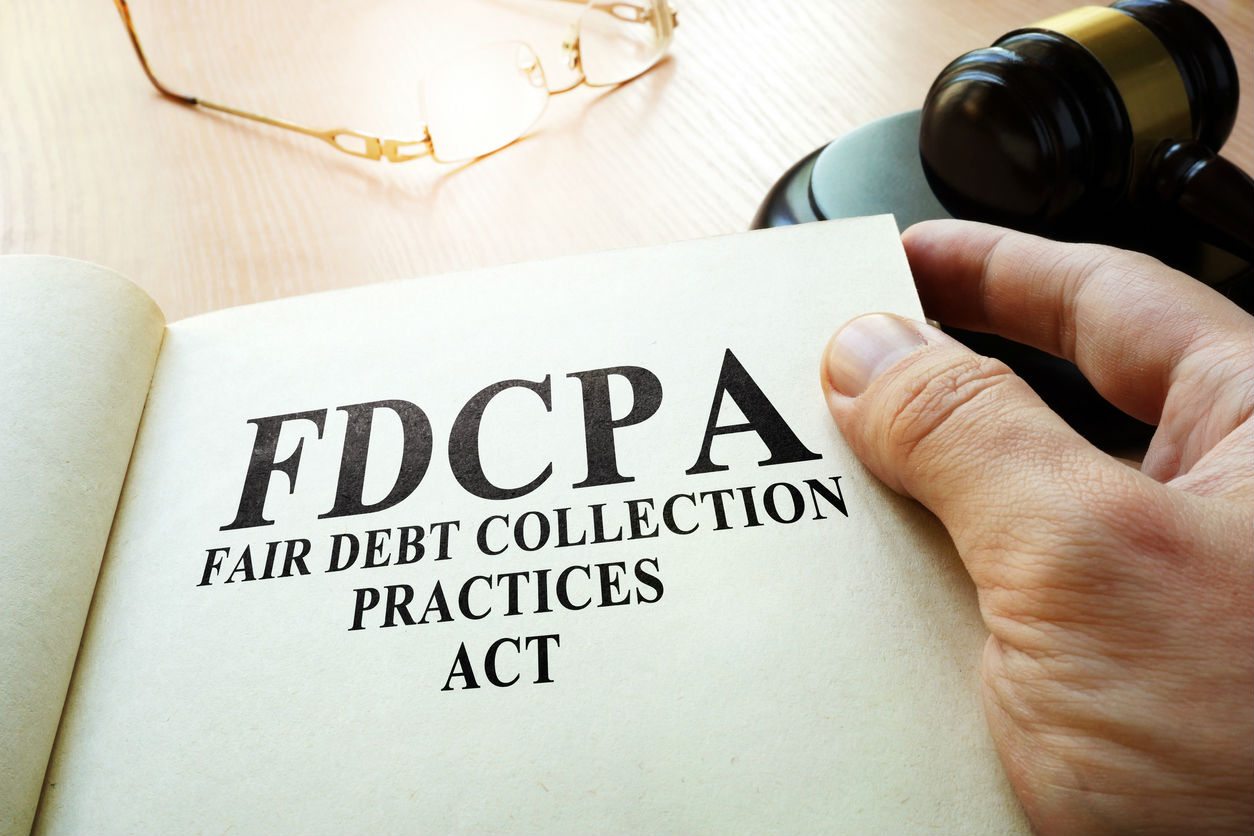
You can also ask for more information if you are unsure you owe money to a creditor, or how much you might owe. If the debt collector doesn’t provide this information when they first contact you, they are required to send you a written notice including that information within five days of the initial contact.

Fair debt collection practices act how to#
Our letters include tips on how to use them. The sample letters may help you to get information, set limits or stop any further communication, or protect some of your rights. Tip: The CFPB has prepared sample letters that you can use to respond to a debt collector who is trying to collect a debt. If an attorney is representing you and a debt collector calls, tell them which attorney is representing you and that the debt collector should contact the attorney, not you. This is only true if the debt collector knows, or can easily find out, the name and contact information of your attorney. If a debt collector knows that an attorney is representing you about the debt, the debt collector generally must stop contacting you, and must contact the attorney instead. Debt collectors may not harass you or anyone else, over the phone or through any other form of contact. Also if a debt collector knows that you're not allowed to receive the debt collector’s communications at work, then the debt collector is not allowed to contact you there. Generally, debt collectors may not contact you at an unusual time or place, or at a time or place they know is inconvenient to you, and they are prohibited from contacting you before 8 a.m. Restrictions on communications by debt collectors when collecting a debt These debt collectors are also usually called debt collection agencies, debt collection companies, or debt buyers.

There are also companies that buy past-due debts from creditors or other businesses and then try to collect them.

Under the FDCPA, debt collectors include collection agencies, debt buyers, and lawyers who regularly collect debts as part of their business. It also does not generally cover collection by the original creditor to whom you first became indebted. Other debts mainly for personal, family, or household purposes.The FDCPA prohibits debt collection companies from using abusive, unfair or deceptive practices to collect debts from you. The Fair Debt Collection Practices Act (FDCPA) is the main federal law that governs debt collection practices. The Fair Debt Collection Practices Act (FDCPA)


 0 kommentar(er)
0 kommentar(er)
